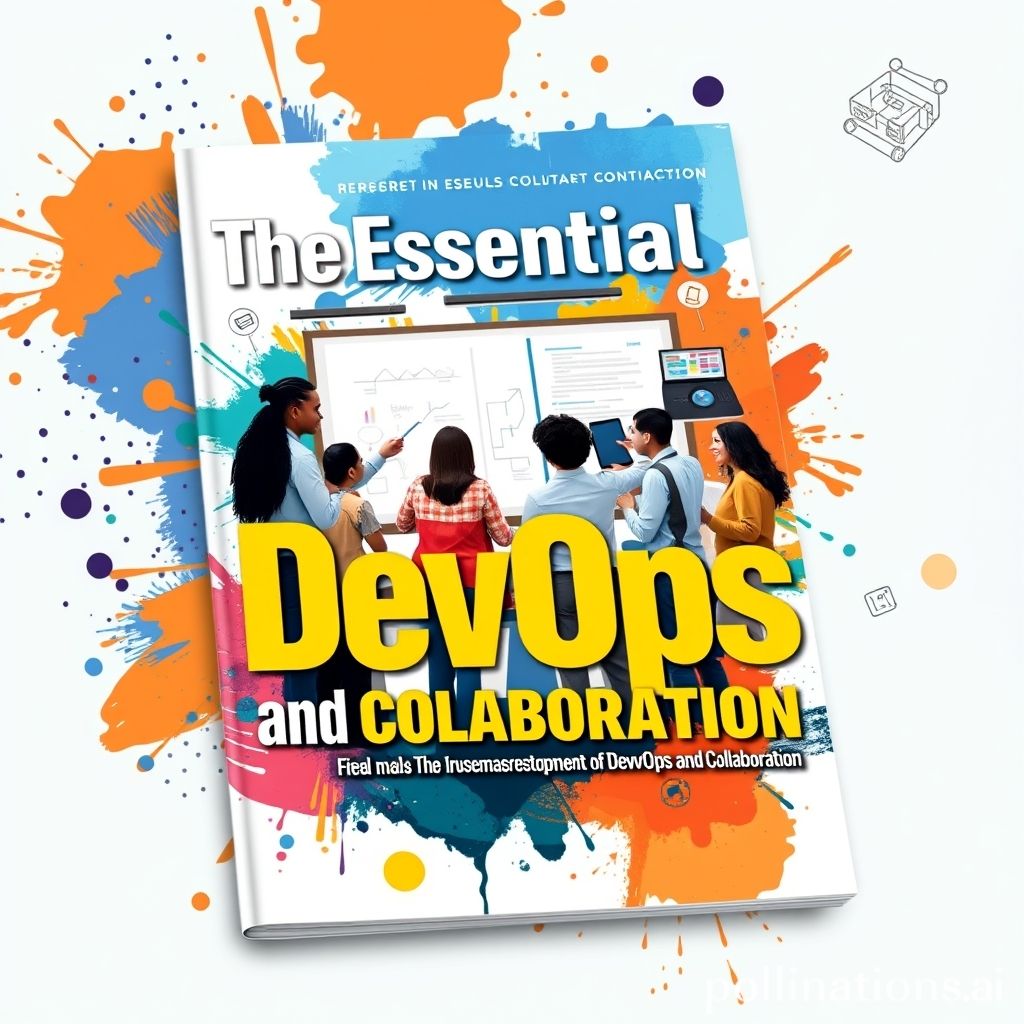
The Essentials of DevOps Culture and Collaboration
DevOps is not just a set of practices but a culture that aims to unify software development (Dev) and software operation (Ops). A successful DevOps culture fosters collaboration, enhances productivity, and improves software delivery. Here, we explore the essential components that characterize a robust DevOps culture.
1. Clear Communication
Communication is the backbone of DevOps culture. Without clear and continuous communication, teams can easily fall into silos, leading to misunderstandings and delays. Here are some ways to enhance communication:
- Regular stand-up meetings to share progress and obstacles.
- Using collaboration tools like Slack, Microsoft Teams, or Trello for real-time updates.
- Encouraging open feedback channels among team members to foster trust.
2. Shared Responsibility
In DevOps, all team members share responsibility for the software development lifecycle. This involves ownership of both the development and operation phases. Key elements include:
- Development teams should be involved in deployment and operations.
- Operations teams provide insights to improve the development process.
- Encouraging a sense of ownership leads to higher accountability.
3. Continuous Learning
In a fast-paced tech landscape, continuous learning is vital. A culture of learning not only enhances skills but also promotes innovation. Some essential practices are:
- Organizing regular training sessions and workshops.
- Encouraging team members to attend conferences and webinars.
- Establishing knowledge-sharing sessions where team members can share insights and experiences.
4. Emphasis on Automation
Automation is one of the fundamental principles of DevOps. It helps to streamline processes and reduce human errors. Consider these automation strategies:
- Automate repetitive tasks like testing, integration, and deployment.
- Utilize tools like Jenkins, GitLab CI/CD, or CircleCI for continuous integration and deployment.
- Monitor systems automatically to ensure high performance and uptime.
5. Agile Methodologies
Implementing agile methodologies supports flexibility and iterative progress. Agile principles align closely with the goals of DevOps. Here’s how to incorporate agile:
- Utilize Scrum or Kanban frameworks to manage workflows efficiently.
- Encourage short development cycles to allow for rapid feedback and adjustments.
- Focus on delivering small, incremental updates rather than large releases.
6. Culture of Feedback
Feedback is essential for continuous improvement. A healthy feedback loop between teams facilitates faster problem resolution and enhances product quality. Engage in:
- Conducting post-mortem sessions after projects to analyze what went well and what didn’t.
- Using user feedback to refine processes and improve user experience.
- Encouraging peer reviews and constructive criticism to bolster team growth.
Conclusion
Establishing a strong DevOps culture is an ongoing journey involving collaboration, shared goals, and continuous improvement. By embracing these essentials, organizations can enhance their efficiency, foster innovation, and significantly improve their software delivery processes.
